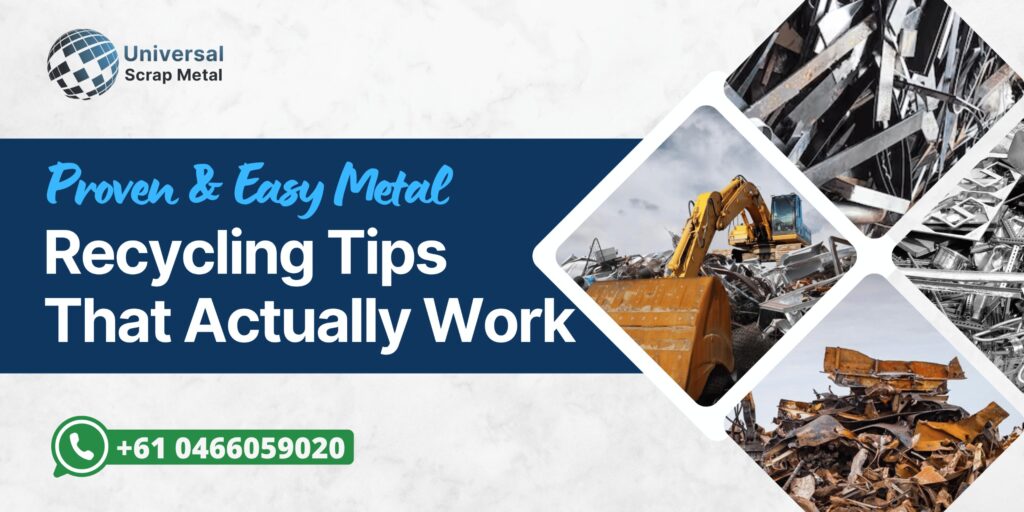
Want to clear out clutter, stay organized, and earn extra cash? Metal recycling is a smart move. Whether you’re clearing out the garage or managing scrap from a business site, these proven and easy metal recycling tips will help you do it right — and profitably.
In this guide, you’ll learn exactly how to recycle metal, where to find local recycling services, and how to turn your materials into real money with metal recycling, all while streamlining your space and operations.
Why Metal Recycling Matters
Before we dive into the tips, here’s why this matters:
- Metal is 100% recyclable — it doesn’t degrade through the process.
- Recycling metals saves up to 95% of the energy used in production from raw materials.
- It significantly reduces greenhouse gas emissions and landfill waste.
- So, yes — is metal recyclable? Absolutely. And doing it right makes a real difference.
1. Know Which Metals Are Recyclable
Start by identifying which metals you can recycle. Most metal recycling centers accept:
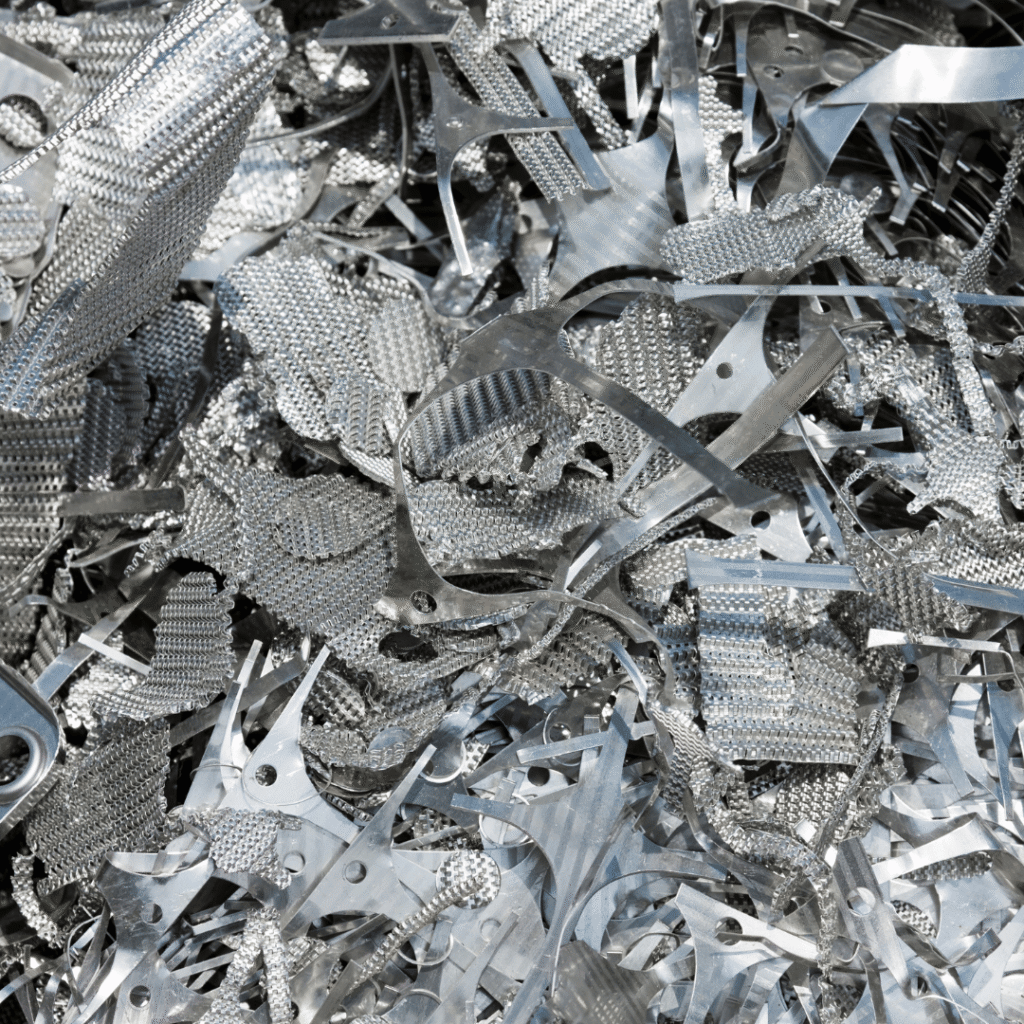
Aluminium:
Found in soft drink cans, window frames, car engine parts, and even bicycles. It’s lightweight, doesn’t rust, and is highly recyclable. Aluminum is also one of the most commonly recycled metals.
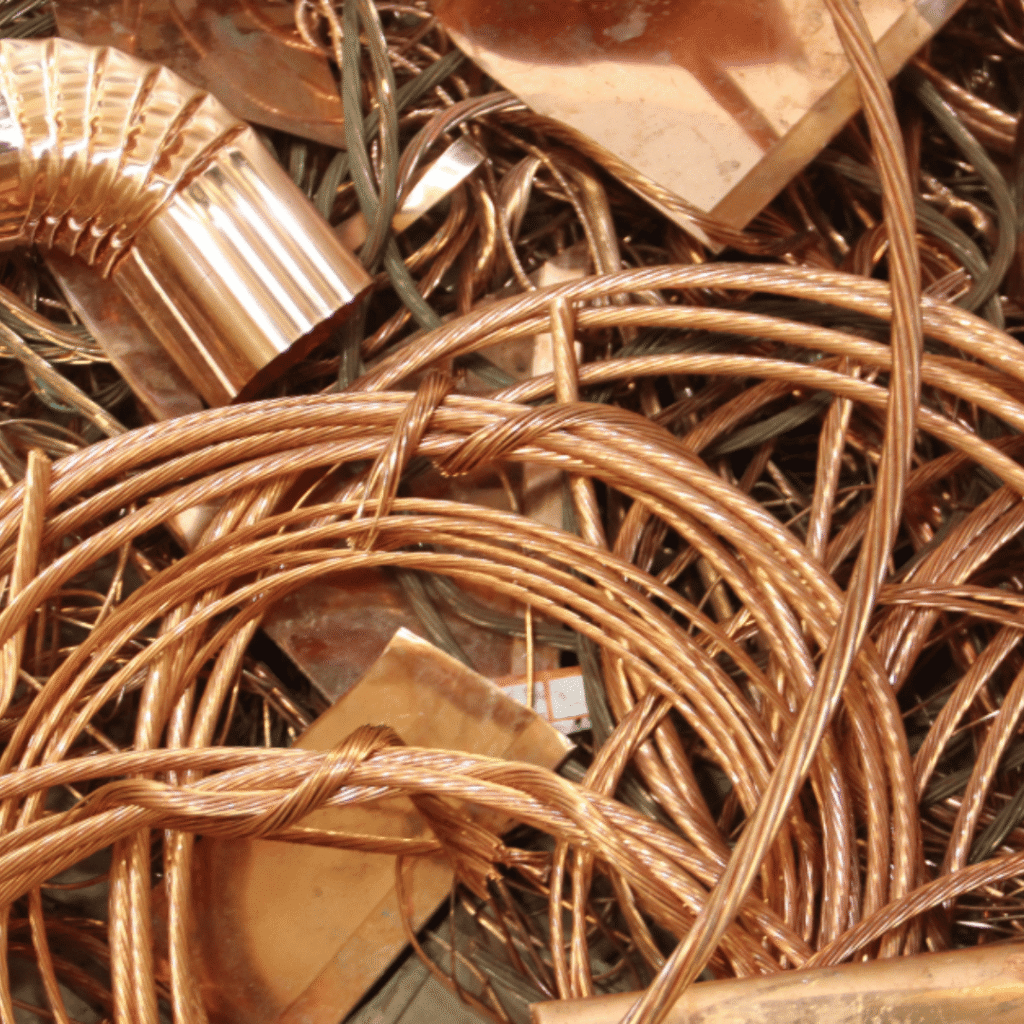
Copper:
Recognizable by its reddish color, copper is often found in plumbing pipes, electrical wiring, old appliances, and even extension cords. It’s highly valuable, so separating it carefully can really boost your payout.
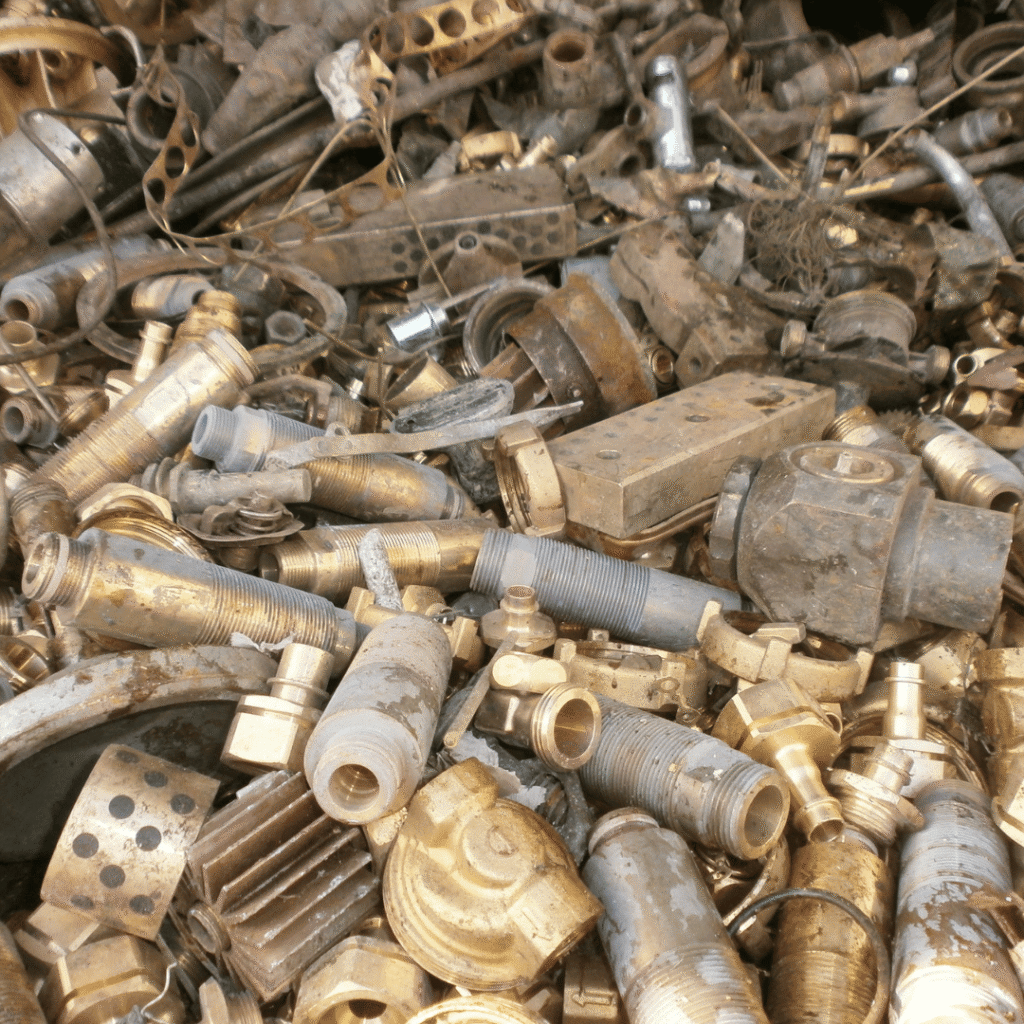
Brass:
A yellowish metal made from copper and zinc, brass is used in door handles, plumbing fixtures, keys, and decorative items. It’s heavier and worth more than many people expect.
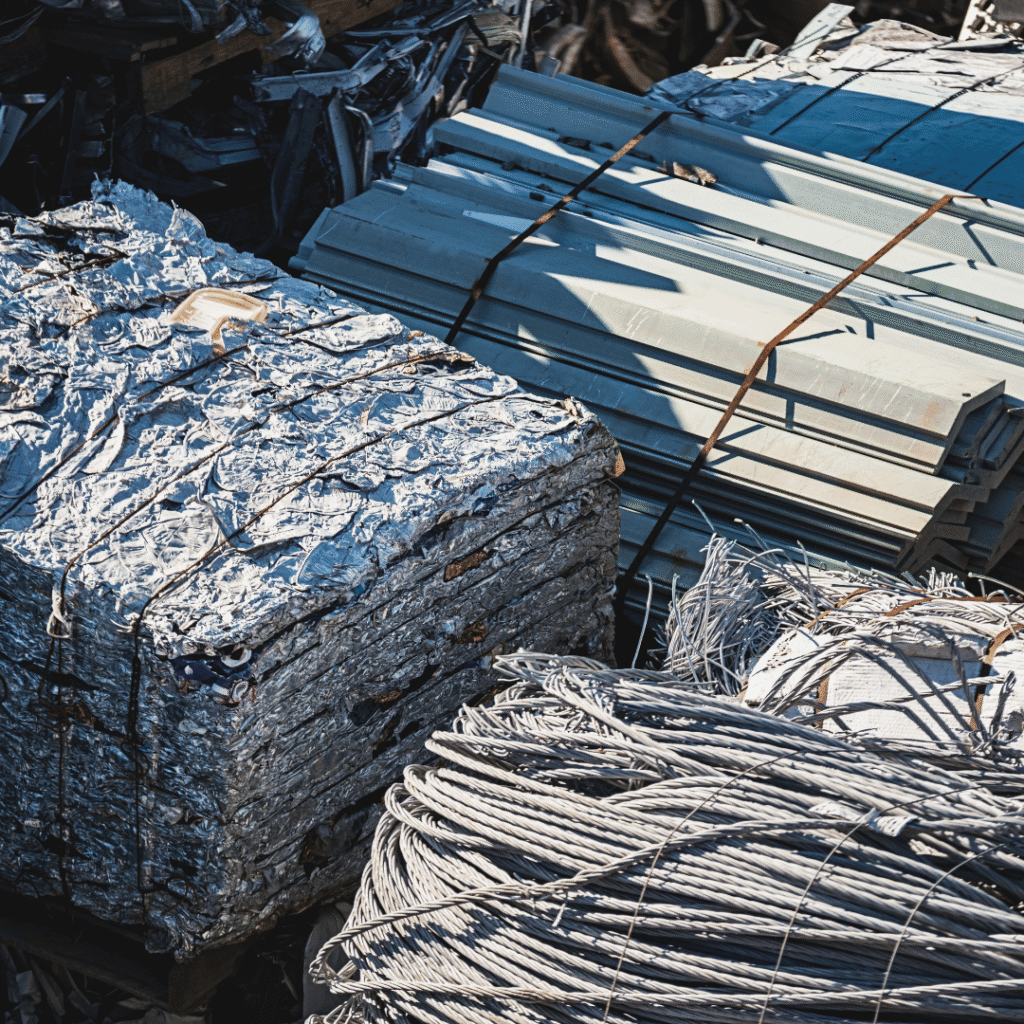
Steel:
Often used in food cans, hand tools, shelving, and home appliances. Steel is magnetic and widely recycled. While it’s not as valuable as copper or brass, it’s still important to recycle due to its volume.
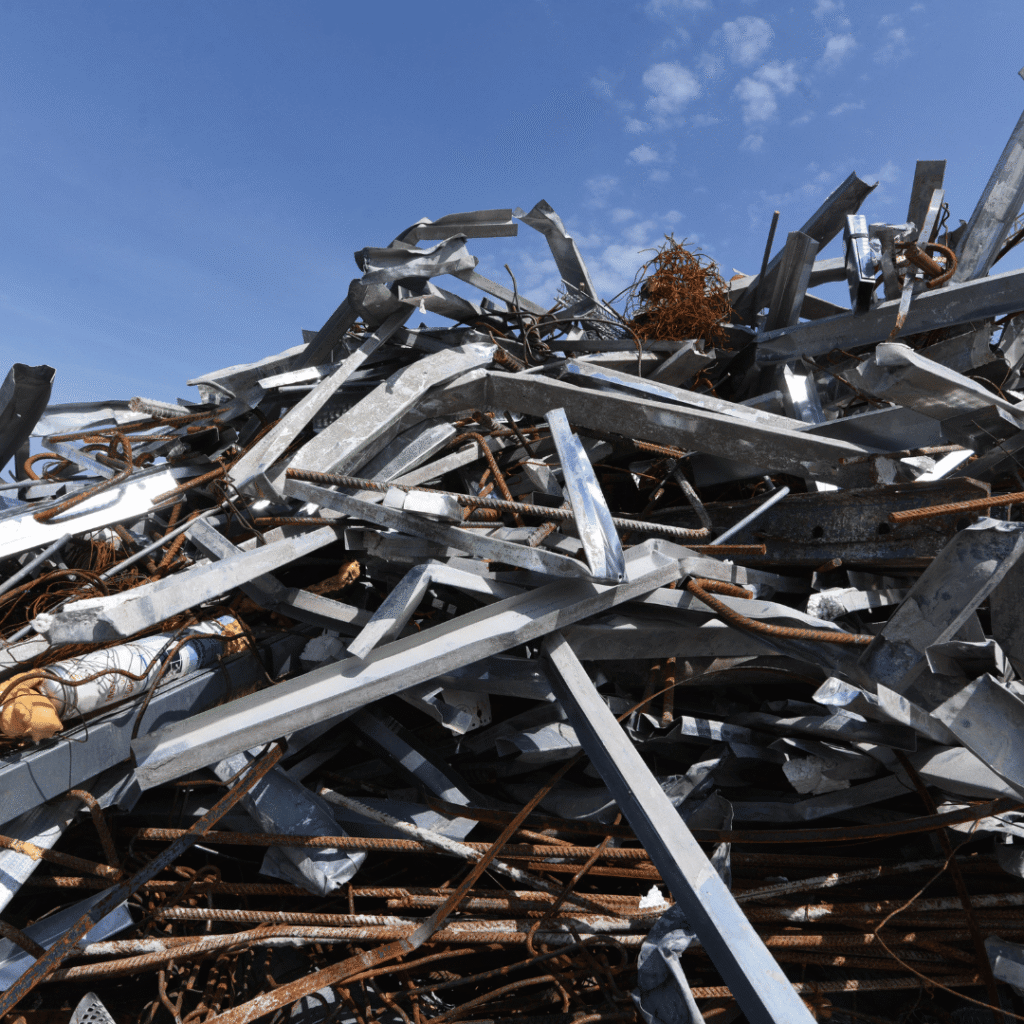
Iron:
Found in cast iron pans, old radiators, railings, and pipes. Like steel, it’s magnetic and heavy, making it worth recycling especially if you have a large quantity.
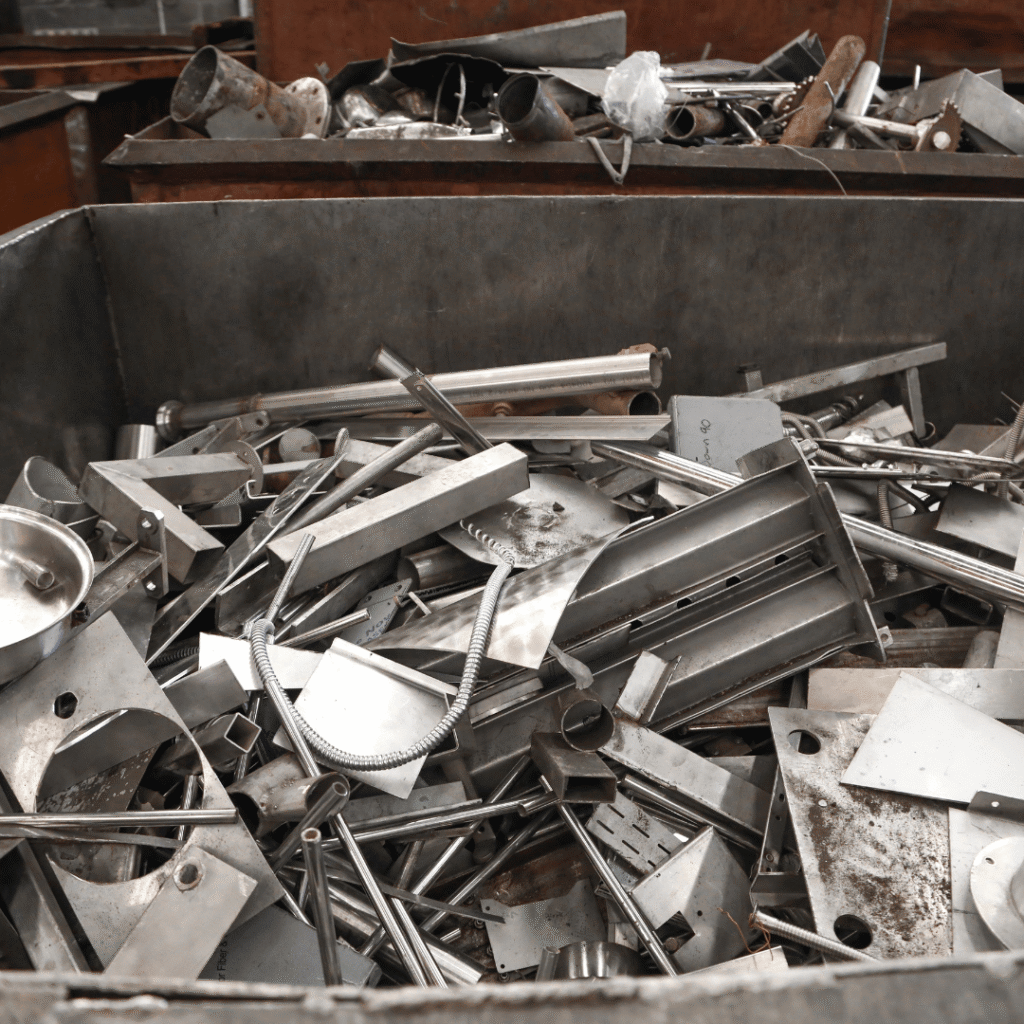
Stainless Steel:
A corrosion-resistant metal used in sinks, appliances, medical tools, and restaurant equipment. It contains steel, chromium, and nickel — making it slightly more valuable than regular steel.
Tip: Use a magnet — if it sticks, it’s likely ferrous (like steel or iron). Non-ferrous metals (such as copper and aluminium) don’t rust and are often worth more.
2. Sort Your Scrap Metal Before Dropping It Off
Sorting your metals before heading to a recycling centre makes the process faster — and can increase your payout.
How to Sort Efficiently:
- Separate ferrous from non-ferrous metals
- Group metals by type (aluminium, copper, etc.)
- Remove non-metal parts like plastic or rubber (if possible)
3. Clean Your Scrap for Better Rates
Many people don’t know this, but clean metal (free from dirt, oil, or plastic) often earns a higher metal recycling rate. That’s because clean scrap is easier to process and recycle.
Pro Tip: Wipe off residue, remove paint or plastic coatings, and strip wiring when possible. It’s worth the extra effort.
4. Stay Informed on Metal Recycling Rates
Scrap prices fluctuate based on market demand. To get the best value, check the metal recycling rates in your area before selling your metal.
- Visit local recycler websites (like Universal Scrap Metal)
- Use online scrap price tools
- Call around for competitive quotes
Staying updated helps you decide when and where to recycle for the most return.
5. Use Local “Scrap Metal Recycling Near Me” Services
Searching for scrap metal recycling near me will help you find local drop-off sites and scrap yards, but not all are equal. If you’re in the Perth area, check out Universal Scrap Metal in Cannington, WA:
Bonus Tip: Some centres even offer loyalty programs or volume bonuses!
6. Consider Recycling Metal for Money
Many people are unaware of the significant profitability of metal recycling. Here’s what typically pays best:
- Copper (wires, plumbing)
- Brass (fixtures, old hardware)
- Aluminum (cans, rims)
- Stainless Steel (sinks, kitchenware)
If you’re a contractor, business, or DIY renovator, this could mean hundreds to thousands in recycling value every year.
7. Recycle Regularly, Not Just Once
Consistency matters. The more you recycle, the more you benefit — financially and environmentally.
Make it a monthly habit or coordinate with neighbors or businesses to create a community recycling program.
8. Don’t Forget E-Waste and Appliances
Many electronics and appliances contain valuable recyclable metals, such as copper, aluminium, and steel. Think:
- Old computers and cables
- Microwaves, fridges, washing machines
- Power tools and batteries
Always check with your local recycler to see what they accept.
Environmental Benefits of Recycling Metal
Why is this important? Here’s the big picture:
- Reduces mining and conserves natural resources
- Cuts energy use and pollution
- Keeps hazardous materials out of landfills
- Supports a circular economy
Metal recycling is one of the most effective ways to make a personal or business-level impact on sustainability.
Final Thoughts
Recycling metal doesn’t have to be complicated. With these proven and easy metal recycling tips, you’ll not only keep valuable materials out of landfills but also earn money and support the environment.
Whether you’re wondering how to recycle metal, searching for scrap metal recycling near you, or seeking to improve your metal recycling rates, Universal Scrap Metal is here to help.
👉 Ready to start? Contact your local Universal Scrap Metal center today and make your recycling smarter, cleaner, and more profitable.


